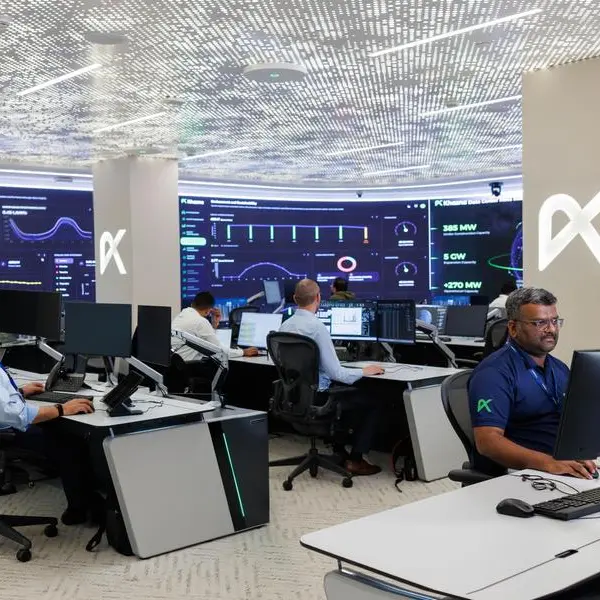PHOTO
Generative artificial intelligence (genAI), the technology which supports tools such as ChatGPT, could generate up to $35 billion per year for GCC economies, or around 2.3% of the region’s GDP. This, according to a new McKinsey report, is in addition to $150 billion that could be added by other AI technologies.
This report on the state of AI in the GCC showed that the region also has a higher adoption rate of genAI than globally.
Of businesses surveyed in the GCC, 75% said they had adopted genAI in at least one function of their business, compared to 65% globally. Another 57% said they were spending at least 5% of their digital budgets on AI, compared with 33% globally.
Artificial general intelligence (AGI) is the “next frontier”, according to McKinsey associate partner Karan Soni, as while genAI mimics humans, it does not apply logic or other more complex concepts. AGI will have the ability to replicate and surpass human intelligence. While this technology is not yet available, GenAI, on the other hand, is widely used now.
While fears around the technologies impacting employment exist, Soni said governments are coming up with legislation to use AI responsibly. The introduction of the technology creates more jobs, for example, with specific departments being introduced to handle and use technology within firms.
“Any big inflection point [in technology] has only gone on to create more employment opportunities, be it the Industrial Revolution, be it the internet, be it AI,” he said.
“New technology frontiers end up creating more job opportunities. It comes at the cost of having to retrain and reskill people – that will have to happen – but based on all evidence from the past, the fear might be overstated [compared to] how the reality might pan out.”
GCC AI regulation
AI adoption has been a prevalent topic in the Western world, as that is where much of the research and development has been taking place, Soni said; however, the push to adopt it comes from the entire ecosystem, including governments.
Both the UAE and Saudi Arabia have robust data management laws in place, he said. The UAE, for example, has started to invest in data centres early to deal with data sovereignty issues.
In Saudi Arabia, data management and data sovereignty have also been areas of focus, with the government concerned that data, such as that related to oil and gas assets, should remain within the country, he added. But Amazon’s and Microsoft’s announcements of new data centres in the kingdom shows that the government is tackling this issue.
(Reporting by Imogen Lillywhite; editing by Daniel Luiz)




















